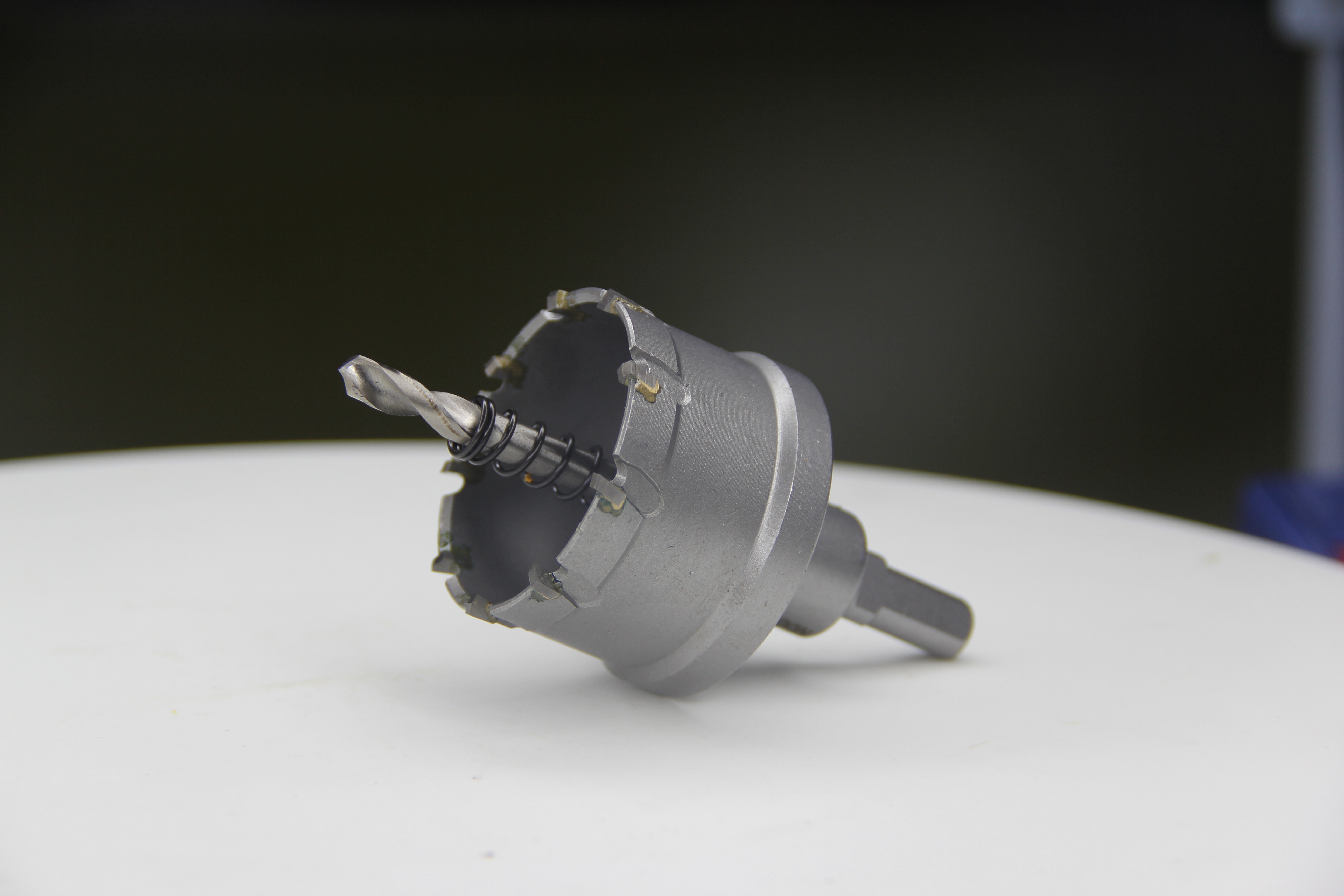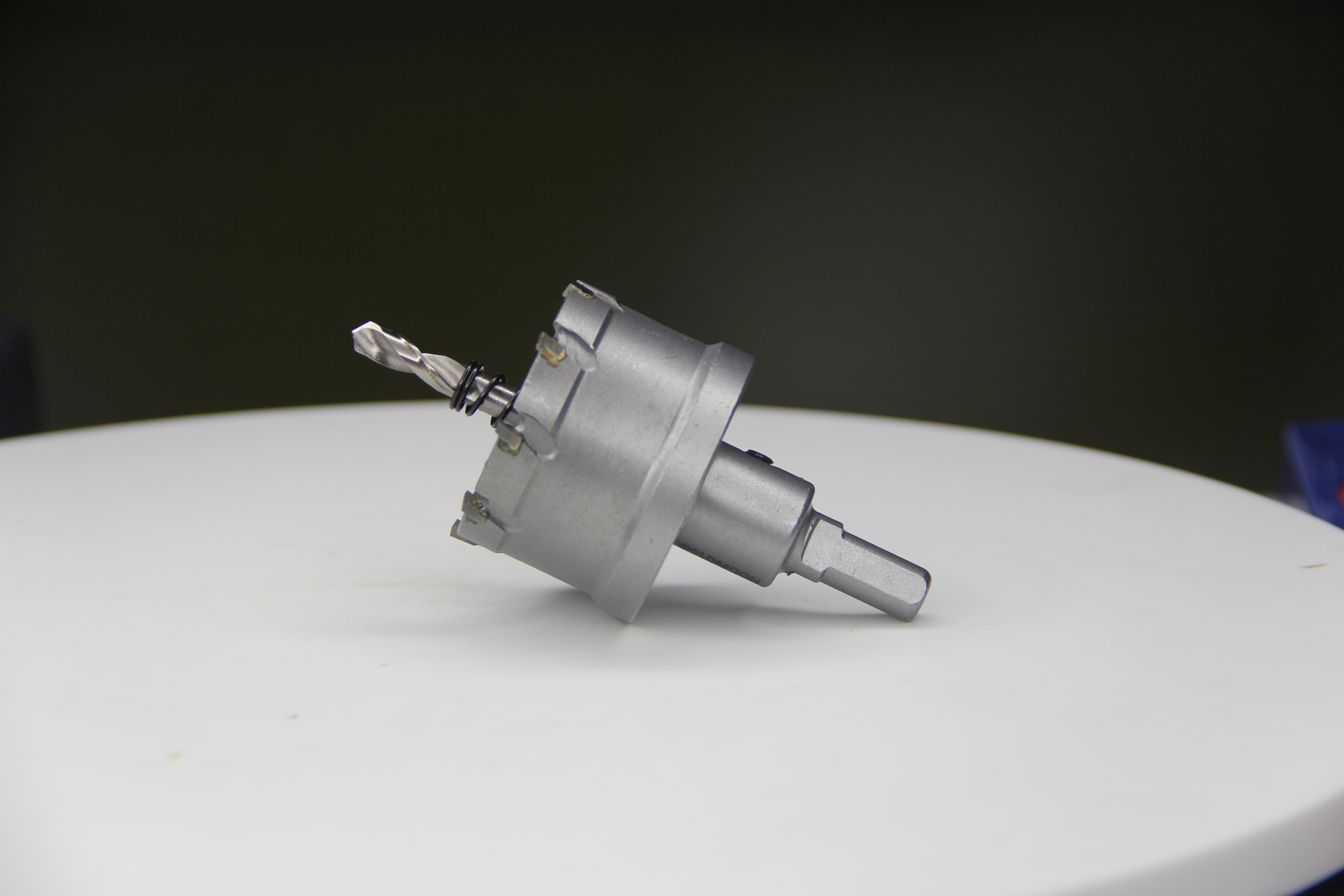After the US implemented "double opposition" to China in May, the tension between the EU and China's PV companies, the world's largest photovoltaic market, is also escalating. This week, German photovoltaic giant SolarWorld (hereinafter referred to as Solar World) wants to file an anti-dumping complaint against China, accusing Chinese manufacturers of dumping photovoltaic cells. This is not the first time in the solar world to "sell" the Chinese counterparts. As early as July, the company plans to launch anti-dumping lawsuits against China against other EU producers in the EU. On July 20, the Ministry of Commerce officially conducted a “double-reverse†investigation on US and Korean polysilicon. This should be a milestone in the history of China's photovoltaic industry, but this time China's PV companies are not on the same side. Apparent contradiction "dual" survey released the same day, the PV Trina Solar, Suntech Power, Yingli Green Energy, Canadian Solar consisting of promoting the alliance said in a statement, oppose any form of trade protection, and hopes to dialogue to resolve Disagreement. Yesterday (July 24), the company executives involved in the polysilicon "double-reverse" investigation admitted in an interview with reporters that "the current situation is caused by conflicts of interest", "I hope domestic PV companies can unite stand up". "We oppose any form of trade barriers and trade protectionism, whether it is Europe, the United States, or Japan. This industry has developed to today, relying on internationalization, free trade, and fair competition." Zhang Jianmin, director of public relations at Wuxi Suntech, told reporters. As one of the global component giants, Wuxi Suntech's voice often represents the common will of China's PV downstream component manufacturers. Shortly after the introduction of the “double-reverse†investigation by the Ministry of Commerce, the above-mentioned photovoltaic power generation promotion alliance advocated and supported open markets, free trade and fair competition, and opposed any form of trade protection. "It is certain that the price of polysilicon in the retail market will definitely rise." The above-mentioned senior officials involved in the "double-reverse" investigation said frankly, "Because the current retail price of polysilicon is 'abnormal'. Now foreign polysilicon enterprises In order to market their products into the Chinese market, many products are sold at prices lower than their cost, and the price rise is actually returning to a rational price." The price of retail has risen, but with the price of long polysilicon, the average weighted price of the entire polysilicon will not change much. At the same time, the above-mentioned alliance stressed that “it is imperative that important players in the global solar energy field can adopt a constructive attitude, communicate and cooperate, resolve differences and disputes through dialogue, and realize free trade, fair competition and cooperation in the global solar energy field. Win." Zhang Jianmin also said that dialogue may be the best way at present. The Cheap Solar Energy Alliance (CASE), which consists of some polysilicon companies in the United States, has opposed seven US PV cell manufacturers headed by the solar world to apply to the US government, which called for a peaceful settlement of disputes. In response to China’s “double-reverse†investigation, CASE President Jigar Shah responded: “It is counterproductive to impose tariffs on any point in the global solar value chain, which will only make solar energy uncompetitive in the face of fossil fuels. Look at the US for PV companies in China. Consequences of imposing 'double-reverse' tariffs: the free flow of solar products is disrupted, prices are rising, jobs are lost and companies are adversely affected by every level of the global solar industry. We should call on all countries to refrain from taking unilateral acts to hinder trade. Progress. " Conflicts caused by conflicts of interest " This situation indicates that domestic PV companies have conflicts of interests upstream and downstream, but this conflict is short-term and consistent in the long run." The above-mentioned companies involved in the "double-reverse" investigation Senior people said. At present, downstream enterprises report to relevant state departments through internal reporting before the case is filed, and their objections are concentrated on the high pollution and poor quality of the domestic polysilicon industry. Moreover, the above-mentioned downstream enterprises pointed out that restricting the import of polysilicon will cause the supply of domestic polysilicon raw materials to be tight, the price will rise, and the cost of photovoltaic enterprises will rise, which will increase the burden. In addition, Chinese PV companies have business-related agreements with US companies such as MEMC in the import of raw materials and components, that is, the use of corresponding imported raw materials in the components of the export, and the components are sold to the affiliates of the polysilicon importers. If polysilicon cannot be imported, it will lose such a linked order and lose this part of the market. This has to mention the "double-reverse" investigation of photovoltaic modules in the United States last year, when CASE has been working against the "double-reverse" investigation. The domestic component manufacturers and the US polysilicon companies have a close cooperative relationship. When China's polysilicon enterprises put forward a "double-reverse" investigation, the reaction of Chinese component manufacturers may be seen here. The above-mentioned high-level people involved in the "double-reverse" investigation cited the opinions of relevant departments and pointed out that some of the downstream enterprises of PV are only considering their own local interests, and have not taken care of the overall situation of China's solar photovoltaic industry chain, and have not seen long-term development. In the process, it is necessary to protect the polysilicon industry as a photovoltaic foundation. It is necessary to see that the nature of foreign dumping is to destroy China's polysilicon industry and shake the foundation of the development of the photovoltaic industry. In fact, China's component manufacturers have previously caused a large number of PV modules to be backlogged in European ports because of the malicious price reduction in front of foreign customers and domestic counterparts. Finally, the components were forced to be processed at low prices in China. In the low point of the photovoltaic industry, Chinese companies should be united, which is more conducive to the development of the entire industry. The top executives of the above-mentioned companies involved in the "double-reverse" investigation frankly said.TCT Hole Saw
Our Tungsten Carbide Tipped Cutters(TCT hole saws) are a superior alternative to conventional Bi-Metal Hole saws. They cut faster, cleaner, and last longer. Say goodbye to burnt out, smoking holesaws. Try a T.C.T. you'll love it.
Tungsten cutters cut through, steel plate, iron, aluminium, copper, cast iron, and most importantly, stainless steel and other tough alloys.
The spring loaded pilot bit ejects the cut slug, saving time. The cutter body then cuts a clean, burr-free hole faster than conventional twist drills or hole saws.
T.C.T. cutters are the standard for electrical construction, transit work and general metal fabrication. The spring on the pilot bit ejects the cut slug.
With normal care, Tool life is significantly longer than other hole cutting tools. Inexpensive resharpening will allow repeated use


Tct Hole Saw,Tct Cutting Disc,Carbide Circular Saw Blade,Tct Hole Saw Cutter
Behappy Crafts (suzhou)Co.,Ltd , https://www.craftsbehappy.com

